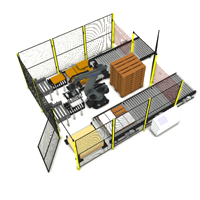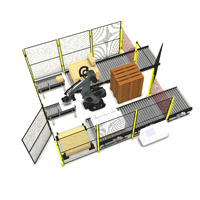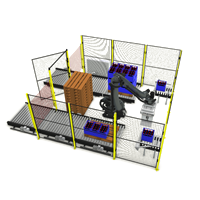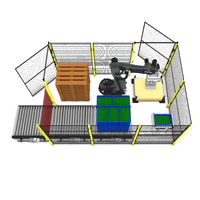In today’s world, where competition seems to be higher than ever, as companies have to fight harder for their market share, having well-established KPIs (key performance indicators) is no longer just a ‘nice-to-have’ thing. If your company is serious about growing and thriving, and you wish to create a compelling culture, then choosing the right KPIs and tracking them constantly and accurately is vital.
So why are KPI’s so important? They drive employee engagement, your staff can tell if they are winning or losing. If you were watching a few kids having a football match at your local recreation ground from a distance, do you reckon you could tell if they were keeping score or not just from the way they were playing? The answer is definitely YES! If you went to a football match but there were no scoreboards and you didn’t know the score, would you be as enthused about the game? Would you be giving the same level of support?
 Your business is no different, you are playing a game you are aiming to win, but if your team and supporters don’t know the score, your staff engagement is never going to be as high as it could be!
Your business is no different, you are playing a game you are aiming to win, but if your team and supporters don’t know the score, your staff engagement is never going to be as high as it could be!
What’s more a scoreboard brings focus, if you can see what area needs the most work on you can improve it, but if you don’t know you will very likely be working on other things that are not so important.
So how can you implement KPI tracking in a way that is cost-efficient, very effective, and you don’t have to waste hours on end trying to get the data and then analysing it? The answer is having automated dashboards for your company. Besides being able to use them to track your KPIs, you can use dashboards cleverly and track other important statistics as well, which can help boost productivity and increase staff motivation.
 Having many years of experience implementing automation solutions, we’ve seen our clients transform the efficiency and productivity levels of their business after they started using dashboards to monitor their KPIs and/or other important data. This monitoring has helped them to identify problems within their production such as bottlenecks. It has also helped them to establish the efficiency level the company is performing at. They have then been able to use this data (which gets automatically updated), in order to devise a strategy to help them reach their new KPIs and drive further growth.
Having many years of experience implementing automation solutions, we’ve seen our clients transform the efficiency and productivity levels of their business after they started using dashboards to monitor their KPIs and/or other important data. This monitoring has helped them to identify problems within their production such as bottlenecks. It has also helped them to establish the efficiency level the company is performing at. They have then been able to use this data (which gets automatically updated), in order to devise a strategy to help them reach their new KPIs and drive further growth.
Positive use of data monitoring automatically creates a culture of continuous improvement which in turn has its own benefits. With a culture of continuous improvement, you become a cutting edge leader in your own industry, your staff are always looking for ways to improve, and your production quality and reliability improves.








Warning: Undefined variable $aria_req in /var/www/granta-automation.co.uk/news/wp-content/themes/twentyten/comments.php on line 81
Warning: Undefined variable $aria_req in /var/www/granta-automation.co.uk/news/wp-content/themes/twentyten/comments.php on line 86